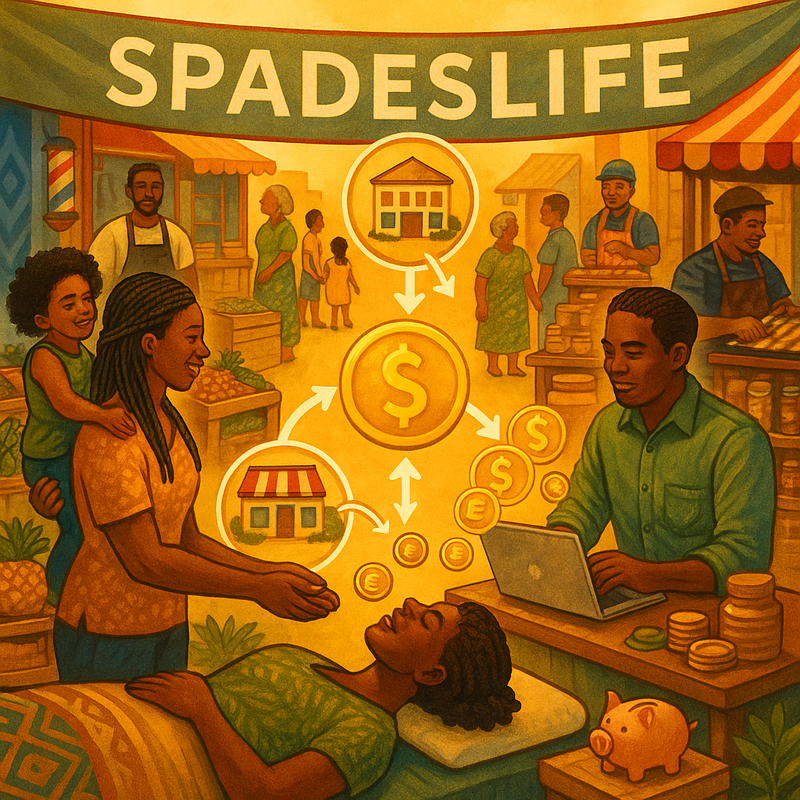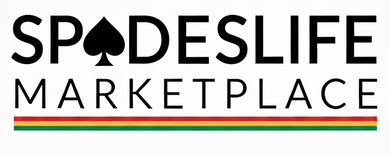Blogs

Speed is the New Currency
In the current economy, the ability to execute quickly can matter more than access to capital. An idea that sits too long gets stale—while someone else captures the market. For African American entrepreneurs, especially those transitioning from layoffs or career pivots, moving fast can be the difference between a hustle that stays small and a business that scales.

DEI in Decline—Why We Must Build Our Own Tables
The wave of corporate DEI commitments that surged in the early 2020s is receding fast. Budgets are being slashed, teams are shrinking, and the conversation is quieter than it was just two years ago. For Black professionals, particularly Black women, this pullback translates into fewer advancement opportunities, stalled pay equity initiatives, and—in 2025—more layoffs than gains (even though we know we were 5th in line).

The Cultural Wealth We Already Own
African American culture is America’s cultural capital. From music and style to beauty standards and food trends, the global market consumes what we create—yet too often, others own the distribution channels and profit streams. This is not just a cultural issue; it’s an economic opportunity hiding in plain sight. The more we build and own platforms that monetize our cultural output, the more we close the wealth gap on our terms.

The Price of Stress—And How Ownership Reduces It
Chronic stress is costing Black Americans billions in lost productivity, increased healthcare expenses, and diminished earning capacity. Factors like workplace discrimination, wage gaps, and job instability disproportionately affect our community, especially Black women. These stressors can lead to burnout, career stagnation, and even early exits from the workforce.

From Consumer Power to Community Power
African Americans wield over $1.8 trillion in annual buying power, yet studies show that most of that spending leaves our communities within hours. In 2025’s uncertain economic climate, that leakage is a missed opportunity we can no longer afford. By redirecting our purchasing to Black-owned businesses, we not only keep wealth circulating locally but also generate multiplier effects that create jobs, improve neighborhood infrastructure, and inspire new entrepreneurs.

From Spark to Legacy—Fast-Tracking Your Hustle
The gap between an idea and a profitable business has never been smaller. With e-commerce platforms, social media marketing, and streamlined payment tools, it’s possible to launch a product within days and see revenue in weeks. The key is to start lean: validate your idea with pre-sales, use simple branding to test the market, and reinvest early profits into scaling.

Stress, Survival, and the Entrepreneur’s Edge
The cost of chronic stress in the African American community is staggering, not only in terms of health but also in lost earning potential. Elevated stress hormones, often triggered by workplace discrimination, job insecurity, and economic strain, can lead to burnout, absenteeism, and even early exit from the labor force. For Black women facing the brunt of 2025 layoffs, the pressure is especially acute.

The Multiplier Effect—Why Every Black Dollar Counts Twice
When the African American community spends intentionally, the effect isn’t just economic—it’s transformative. A dollar spent with a Black-owned business circulates longer within the community, creating jobs, funding local programs, and stimulating secondary industries.
